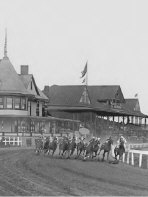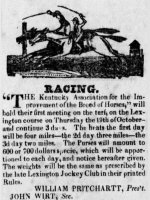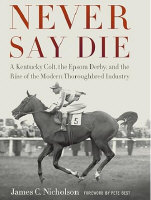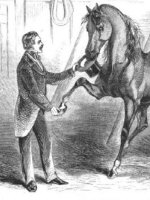Equine History
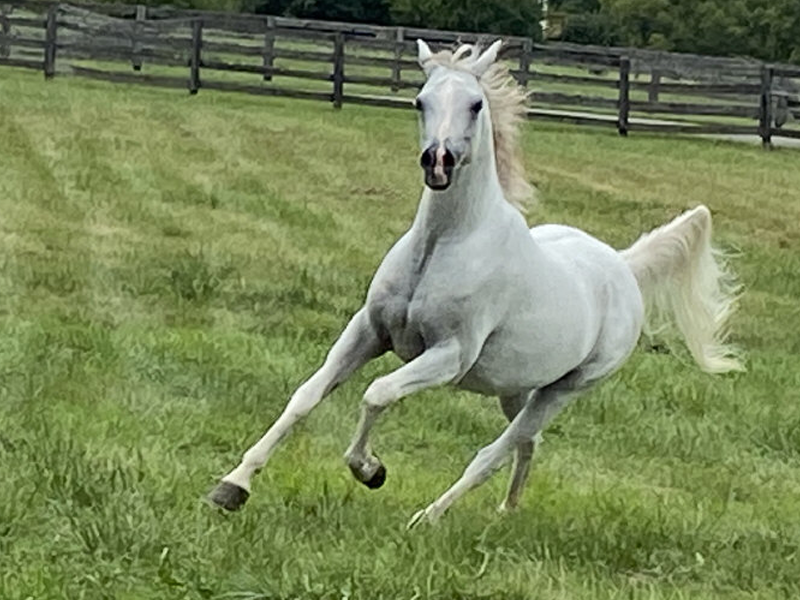
“Under Siege: Kentucky and the Transformation of American Thoroughbred Racing 1865-1936.” Register KHS 118 (Summer 2020), 389-446. This article examines the transformation of Thoroughbred racing in the United States, the first mass spectator sport in America, from a provincial pastime to a national industry. Cycles of decline and resurgence of the sport were associated with changes in the social, political and economic fabric of the nation and by the upheaval of war. In association with these root causes, the geographic centers for breeding and racing shifted back and forth from east to west and south to north. Nearly extinguished during the Civil War, racing afterward became increasingly democratic and commercialized, and gambling became the most important revenue stream and a driving force in the post-war expansion of the industry. As the nineteenth century ended, the sport was roiled by competing internal factions and assaulted by Progressive anti-gambling social reformers who nearly succeeding in eliminating the sport. As a primary center for the racing industry, Kentucky provides a case study to examine changes on the broader national scale.
“At the Starting Post: Racing Venues and Origins of Thoroughbred Racing in Kentucky 1783-1865.” Register of the Kentucky Historical Society 116 (Winter 2018), 29-78. This article examines the growth and development of racing infrastructure in Kentucky, focusing on the chronology and geographic distribution of jockey clubs and racing venues and the periodic decline and resurgence of the sport from the colonial era through the Civil War.
“Denton Offutt: America’s First ‘Horse Whisperer’?” Register of the Kentucky Historical Society 108 (Summer, 2010): 173-212. The term “horse whisperer” has been traditionally applied to persons who have an almost mystical affinity with horses. Denton Offutt of Kentucky, best known as the man who befriended and gave young Abraham Lincoln a job in his store at New Salem, Illinois, was the first American to be able to claim this title. During the antebellum period, Offutt published several books and tracts on his methods of natural horsemanship and taught such notables as statesmen Henry Clay of Kentucky and Sam Houston of Texas. Although Offutt remained obscure during his own lifetime, Another pupil, John Rarey of Ohio, achieved greater fame by traveling to Europe, publishing a book in which he plagiarized Offutt’s methods.

